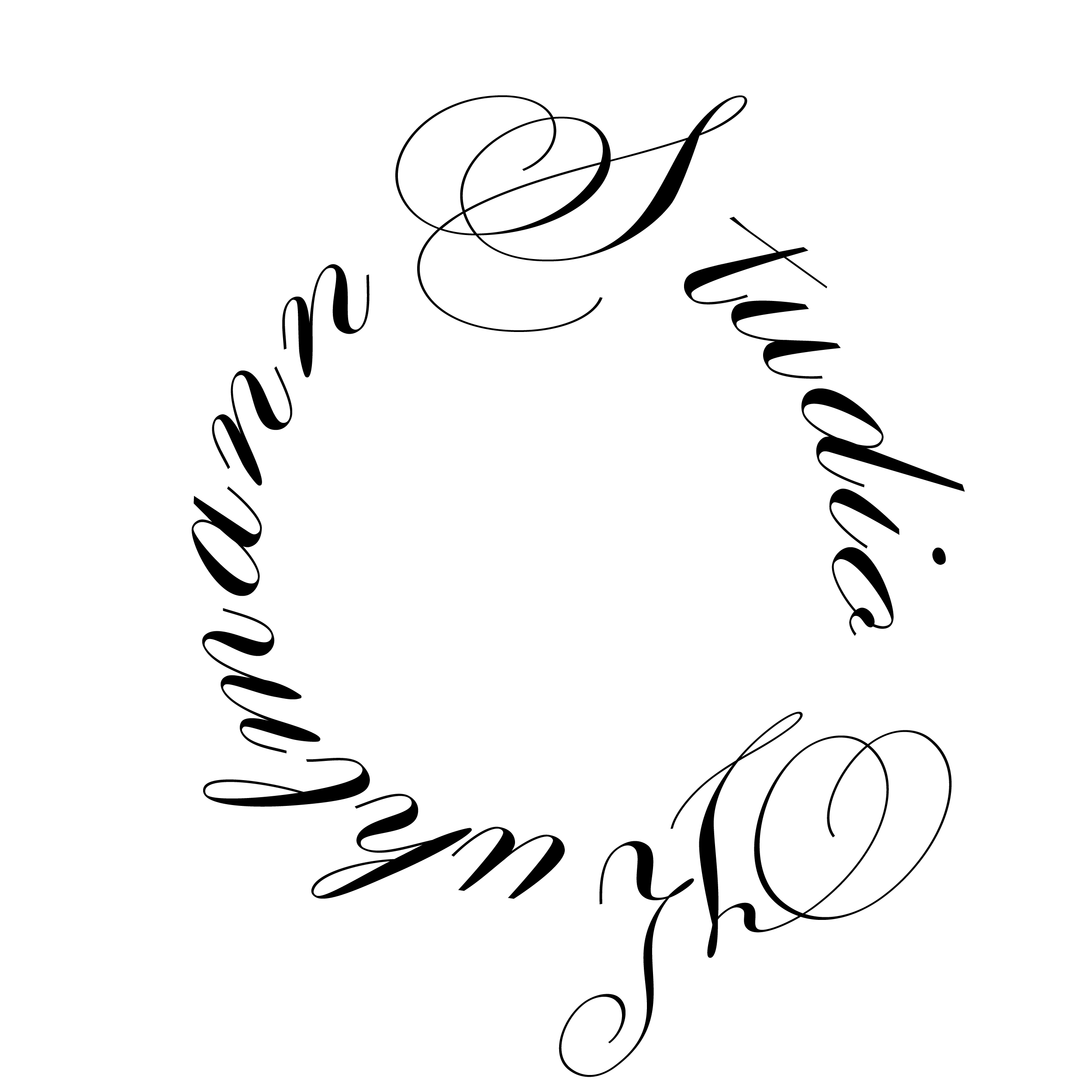PANTHEON PHANTASMA
2020 Alte Feuerwache, Melchiorstraße 3, 50668 Cologne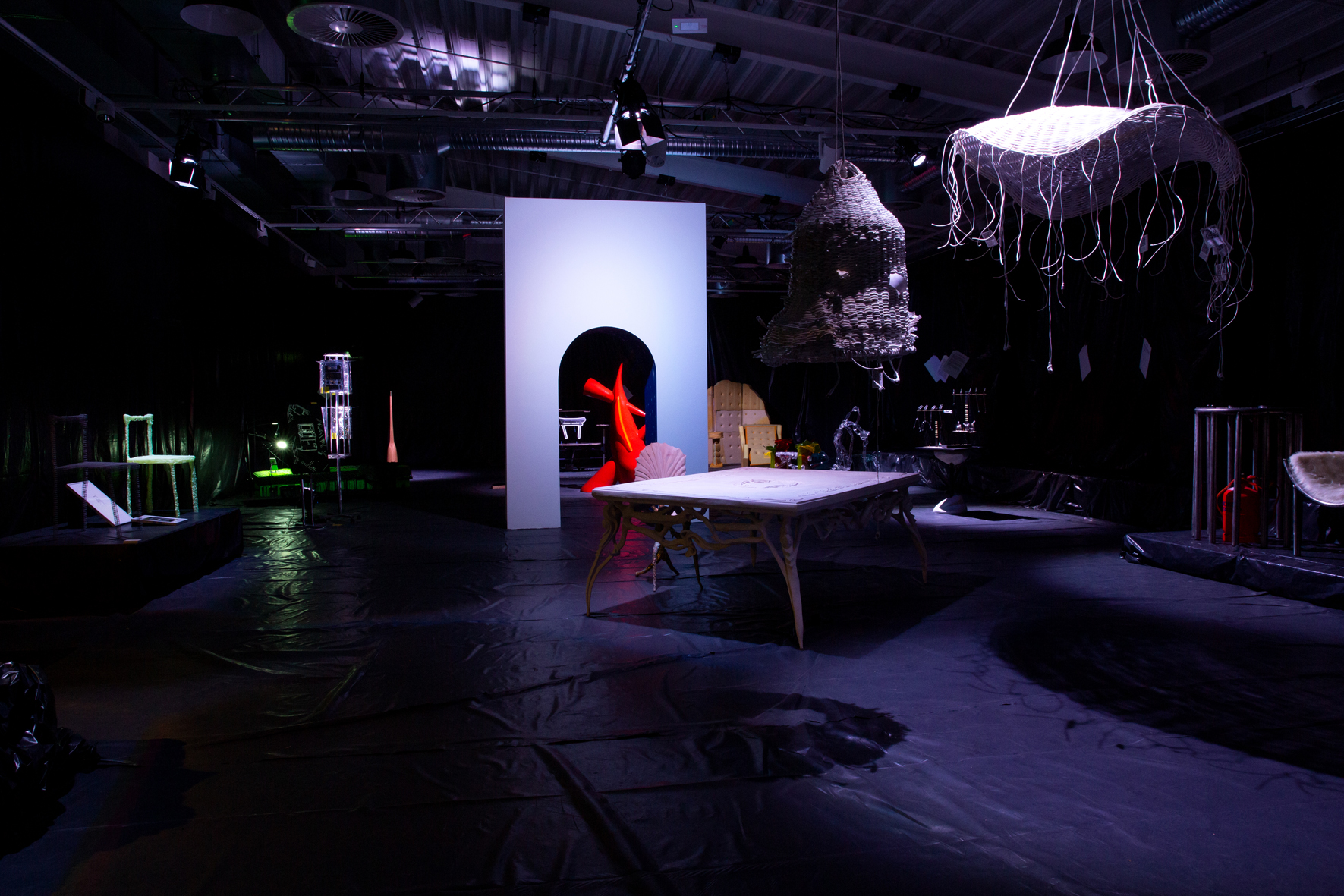 © Liebschuh
© LiebschuhPantheon Phantasma
13.01.–19.01.2020
Alte Feuerwache
Melchiorstraße 3
50670 Cologne
–D
Artist: Baiba Soma, Camille Brabant, Dorian Renard, Etienne Marc, Felicity Morris, Feyyaz Berber, Gelbrosa, Mattel Dal Lago, Michael Strebel, Orson Oxo Van Beek, Studio Kuhlmann, Studiolow, Sylke van der Heiden, Tobias Bridger
Hypercapitalism and gentrification, digitalization and the colonization of time, data mining and climate crisis – socially and culturally diverse living environments are facing a tremendously complex reality. How to find orientation in a constant state of limbo? In uncertain times, people usually conjure history, tradition and cultural heritage. Rituals are part and parcel of such collective narratives and can be understood as a reflection on a common identity. They transmit and represent values and systems which support a community. “Rituals transform the vast sensations of being-in-the-world into a feeling of being-at-home by transforming the spheres of life into a reliable place. Rites are in time what our houses are in space – they make time tangible and even accessible, walkable like a house. Rituals arrange time, they furnish it.” (Byung-Chul Han, 2019, free translation)
In his latest publication “Vom verschwinden der Rituale” the philosopher Byung-Chul Han holds the disappearance of ritual spaces and actions accountable for collective disorientation and increasing societal and individual isolation. To conquer present pathologies and to be able to feel at home in a fast-paced world, he argues, we are in the need of new narratives.
Pantheon Phantasma is a response to the urgent quest for new forms of shared life and communal sense of belonging. Extending, existing or spanning across two locations, the exhibition brings together 29 artists and designers to develop contemporary ceremonial objects and performances in order to build spaces beyond traditional exhibition contexts and foster social dreaming.

Studio Kuhlmann “Hestia’s Kouzina; Baiba Soma “Expired White Noise”; Sylke van der Heiden “Turn around, bright eyes”
© Liebschuh
 Souvenir Shop, © Liebschuh
Souvenir Shop, © Liebschuh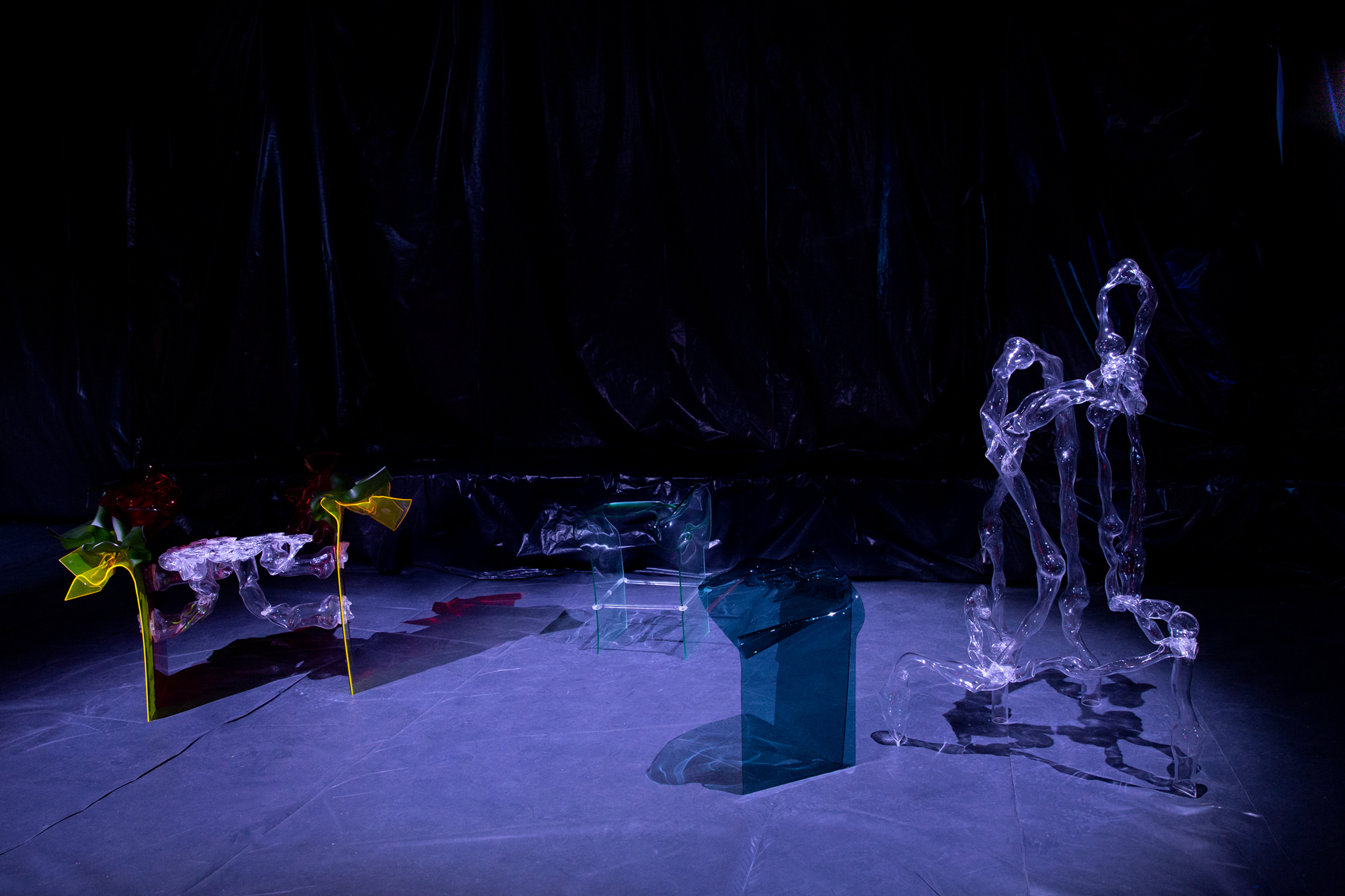 Dorian Renard “The Beauty of Distortion”, © Liebschuh
Dorian Renard “The Beauty of Distortion”, © Liebschuh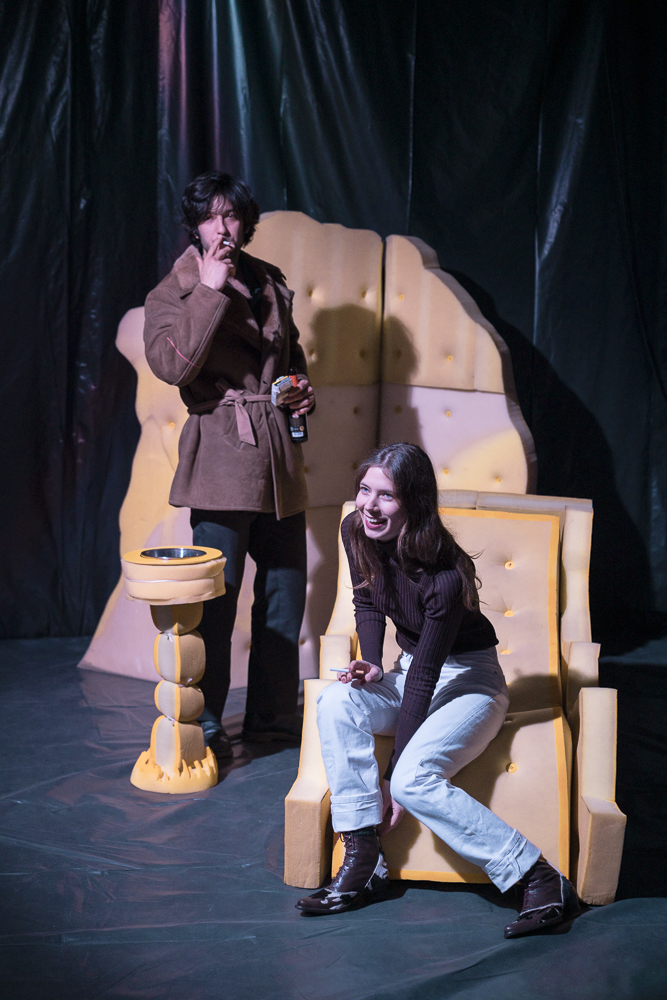 Studio Low “What did you do today?”, © Anna Sorgalla
Studio Low “What did you do today?”, © Anna Sorgalla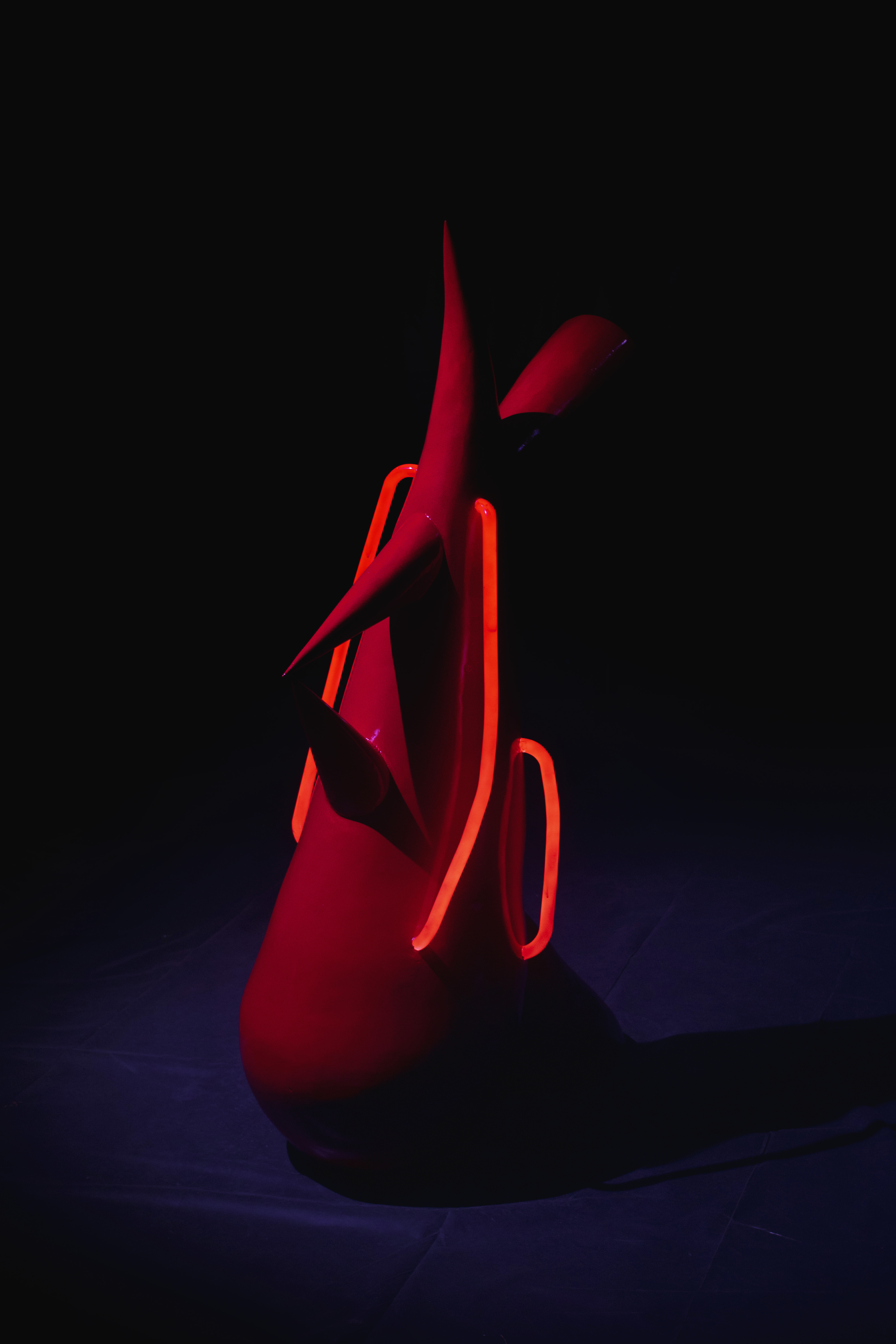 Orson Oxo van Beek “Sharp Delights” © Tobias Bridger
Orson Oxo van Beek “Sharp Delights” © Tobias Bridger Michael Strebel “Seeing Parallels”, © Liebschuh
Michael Strebel “Seeing Parallels”, © Liebschuh Felictiy Morris “Post Bed Post”, © Liebschuh
Felictiy Morris “Post Bed Post”, © Liebschuh„Et les rites sont dans le temps ce que la demeure est dans l‘espace.”
– Antoine de Saint–Exupéry
If “rites are in time what our houses are in space” how could the rehabilitation of our living spaces, everyday objects and human interactions shape societal affection and a sense of belonging?
Saint–Exupéry attributes the ritual with the potential for conveying a feeling of security and defines it further as a symbolic technique of containment. „Rituals transform being in the world into being at home. They make the world a reliable place. Rites are in time what our houses are in space. They make time tangible. Yes, they make it walkable like a house. They arrange time, furnish it.“ (*Byung-Chul Han, 2019)
In uncertain times, people usually conjure history, tradition and cultural heritage. Thus a ritual can also be understood as a reflection on a common identity. The design of a >ritual based habitus< is constantly bound to social influences. They transmit and represent values and orders which carry a community. Often rituals amortize a community without linguistic communication, but through their very own semiotic system. With a view to a society that is growing together more and more, but at the same time individualized, which allows the individual to be isolated from themself and their environment, new forms of community life - new rituals - are needed. As soon as the constitution of space changes, the home must be adequately adapted.
In the ritual framework, things are not consumed or consumed, but needed. Ritual practices ensure that we deal and resonate not only with other people but also with other than human beings. Rituals and ceremonies connect human life with all living dynamics in the biological world as well as with material matters, spirits, space and time.
The exhibition „Pantheon Phantasma Dependance“ examines the foundations and excrescences of rites that are reconstructed and interpreted by both; local and international artists* from various disciplines. The aim is to create a place that - by uniting past, present and future - negotiates various possibilities fo
r (re)connection with an ever-changing world and thus embarks on a search for new ways of life and co-living.
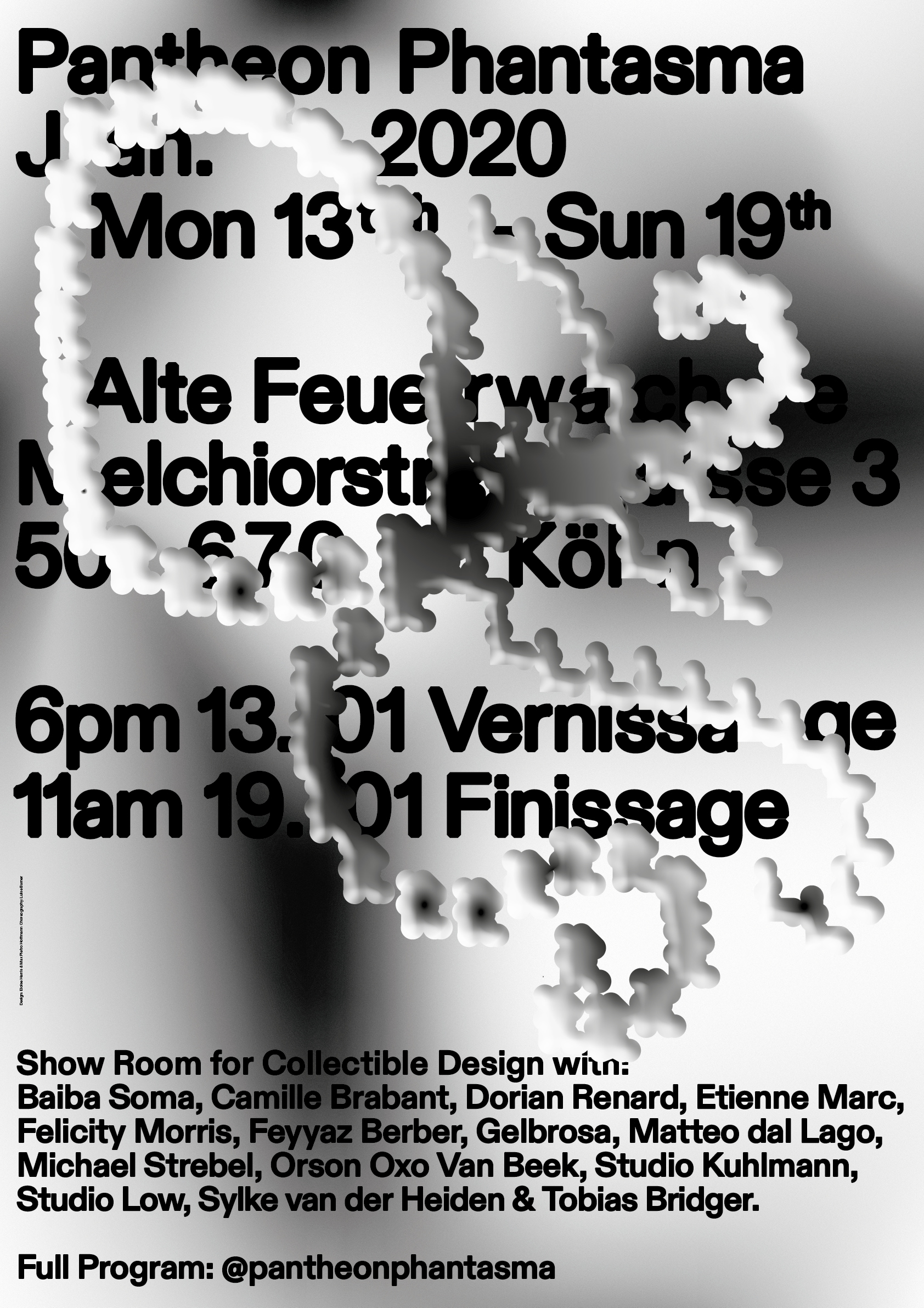
Initiator
Hannah Kuhlmann
Curators Pantheon Phantasma + Dependance
Donna Donnerberg, Eva Herrmann, Hannah Kuhlmann
Graphic
Max Pietro Hoffmann, Eloise Harris
